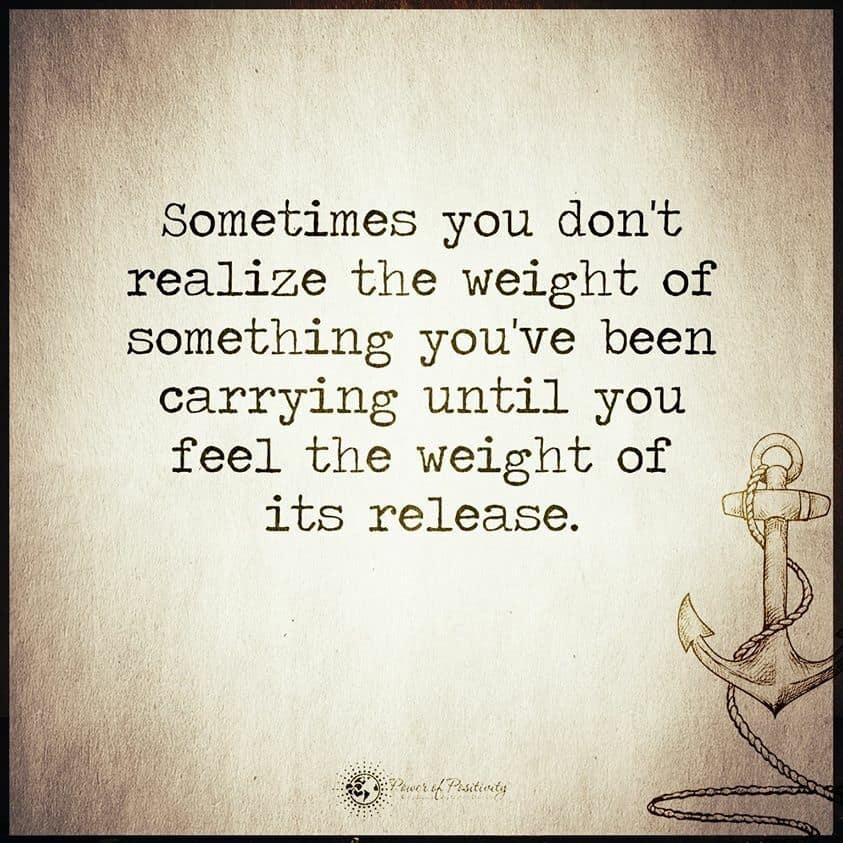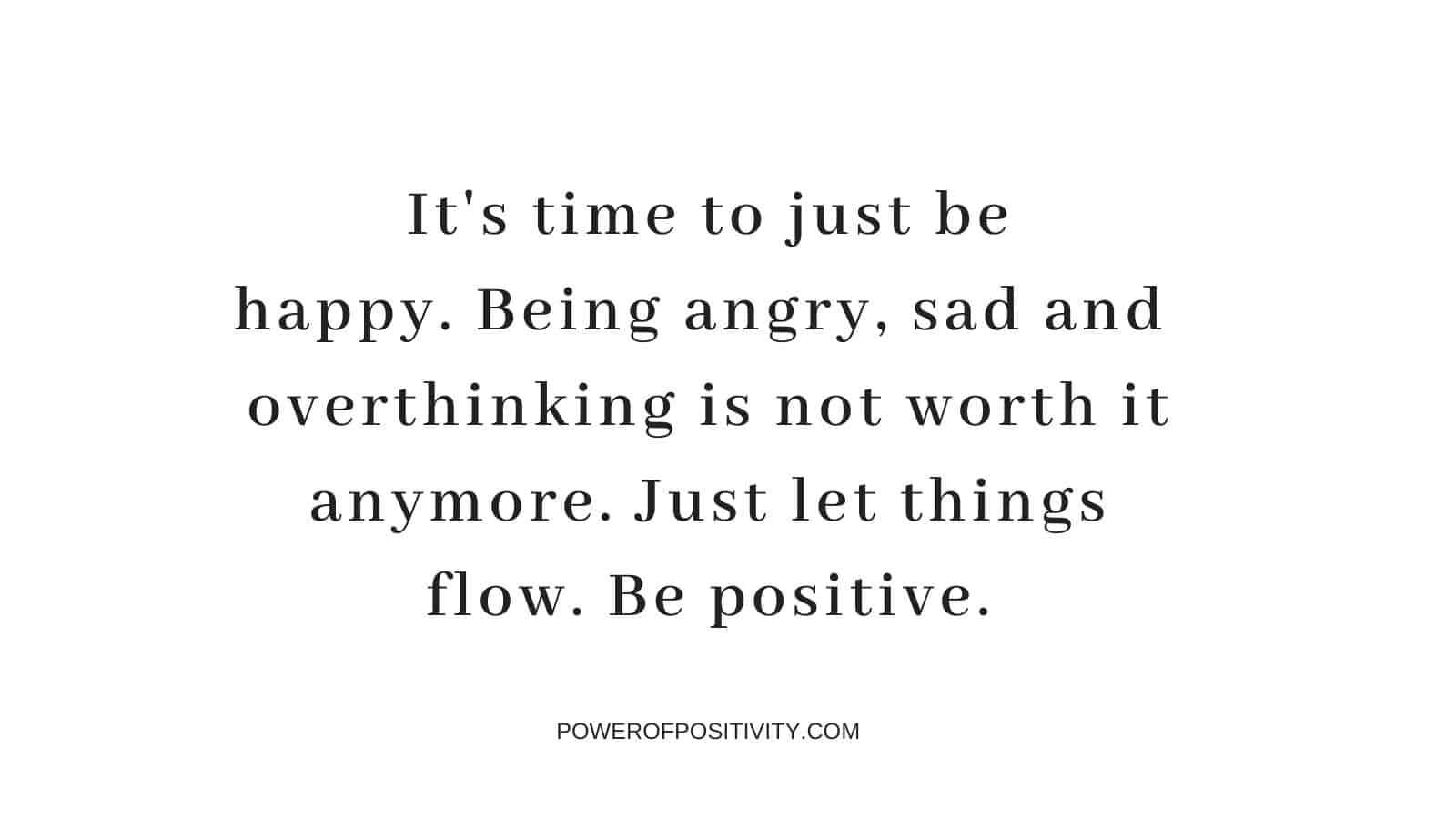These days, it’s more challenging to find people who don’t have a mental issue than those who do. The latest statistics reveal that at least 46.6 million Americans have mental illnesses, such as depression, anxiety, and post-traumatic stress disorder. Could adversities be the culprit to these common mental disorders rather than chemical imbalances in the brain?
What if people who battle PTSD react to adversities, and it has nothing to do with their brain chemistry? ADHD may have evolved as a survival instinct in the past, but it doesn’t serve people well in the modern world. Will current research help scientists and medical experts form a different view of what mental disorders are?
Mental Health Issues vs. Adversities
When you have a diagnosed mental disorder, most mental health professionals will prescribe medication for you. However, some researchers claim that diseases such as PTSD, anxiety, or depression might not be genetic. They pose the question if any of these are real medical conditions.
 Medication for most physical conditions can either cure or manage the symptoms. Why is it that between 1999 through 2014, statistics show that the use of antidepressants rose 65 percent? Still, the numbers don’t offer a decrease in depression, anxiety, and other related mental issues.
Medication for most physical conditions can either cure or manage the symptoms. Why is it that between 1999 through 2014, statistics show that the use of antidepressants rose 65 percent? Still, the numbers don’t offer a decrease in depression, anxiety, and other related mental issues.
Perhaps it’s not a coincidence that some of the world’s most volatile areas have higher instances of depression and anxiety. Research from Queensland’s University in Australia shows that these mental conditions are more elevated in Middle Eastern and North African countries. Approximately five percent of each respective country has citizens with anxiety, depression, or both.
Considering these statistics, research published recently by the American Journal of Physical Anthropology states that difficulties may cause PTSD, anxiety, and depression. The writers suggest that these conditions could be an evolutionary response to adverse situations rather than unbalanced brain chemistry.
Could these mental disorders be involuntary responses to dangers like the brain’s survival instinct? Researchers believe that anxiety could play a part in the fight, flight, freeze, or faint response. Your stress makes your hyperaware of hazardous conditions.
Depression, they argue, may also be a response that warns your body of potential danger. Wit depressed feelings, you tend to ruminate on the negative situations in your life. This focused attention could be the body’s way of identifying problems and creating ways to avoid them in the future.
The Scarlet Letter of Attention Deficient Hyperactivity Disorder
It’s human nature to claim a label that a doctor assigns to you. Were you ever told that you were nervous or depressed? You may have identified with the proverbial scarlet letter even without a proper diagnosis. After an analysis, you may find yourself referring to “my” anxiety, “my” depression, or “my” ADHD.
When you’ve accepted a label, you may limit yourself without realizing it. These researchers believe that re-labeling depression, anxiety, and ADHD may be necessary. If you are depressed or anxious, are you coping with a medical brain issue, or is your brain trying to adapt to hardship?
Generally, doctors do not “cure” mental disorders. But you can manage the symptoms with therapy and behavioral techniques. Moreover, you can learn how to overcome an adverse situation. The various possibilities depend upon how they are labeled.
In the past, ADHD was less understood, and children suffering from the symptoms were labeled as hyper, rowdy, or lazy. Instead of realizing these children had issues they couldn’t help, they were often punished at home and school for being a “bad child.” It wasn’t until medical specialists researched that they discovered that these children had mental disorders and learned differently from their peers.
• Your Story
If you were diagnosed with ADHD as a child or with Attention Deficit Disorder (ADD) as an adult, you could relate to the condition’s frustration. In the past generation, you may have had your share of corporal punishment or endless detentions. Maybe your teachers deemed you “unteachable” and corralled you into a classroom of other challenged children. There, they ignored your needs.
The model of students sitting for hours listening to a teacher isn’t the best way to learn for every child. Perhaps you felt nervous and fidgety and had difficulties sitting still and being quiet. Your teachers may have seen the signs as disrespectful or that you had a cognitive issue.
Consequently, you may have been conditioned to equate school and learning with harsh punishment, humiliation, and unacceptance. It may have been a downward spiral that followed you into adulthood. If you were fortunate enough to be in a later generation, your ADHD symptoms would have been recognized, and you would’ve received the proper treatment.
According to the new study, your ADHD may have little to do with your brain chemistry. It could be your reaction to the misfortune and stressors around you. This theory may have impacted how your condition was labeled and how you were treated.
It’s little wonder that people with ADHD also deal with anxiety and depression. Are these coexisting mental disorders, or are these mental health concerns all part of your adaptation? Even the study authors say that nobody has a definitive answer, and more research is needed.
 • Current Model of ADHD
• Current Model of ADHD
In today’s classrooms, children with ADHD aren’t stuck in a corner wearing a dunce cap. Instead, educational experts have found ways to help these children cope with their symptoms and learn by using various learning modes. They’ve discovered that children with ADHD aren’t “bad kids” and can flourish under the right conditions.
What if you or your child’s ADHD isn’t a disorder? The authors of this study propose that these symptoms were due to an evolutionary glitch to cope with our modern environment. Making children sit quietly while a teacher lectures may not be how the human brain is hardwired.
If ADHD is an evolutionary glitch due to the environment, the study concludes that it can’t be classified medically as mental disorders. That premise moves the responsibility of the medical community to the educational system. Perhaps more educational reform can help address the issue.
On the flip side, many experts denounce the conclusions of this fascinating study. They present countless ADHD studies that include biological factors, such as premature birth. Not enough evidence exists to erase ADHD from the jurisdiction of the medical community.
Is Adversity the Real Cause of Mental Disorders?
Considering this study, should your depression, anxiety, or PTSD be treated with medications as a mental condition? Are these conditions more part of brain dysfunction, or do they represent a flaw in our society? If so, then experts need to turn their attention to sociocultural change as part of the solution.
Most mental health professionals will agree that the system fails people, and experts should re-examine how to treat mental conditions. The authors of the study deny that their goal is to change mental health treatments radically. Instead, they say, they seek to find novel ways to study the problems.
They believe that when it comes to anxiety, depression, and PTSD, there should be a greater concentration on resolving conflict and difficulty instead of so much on balancing brain chemistry. The challenge isn’t simple, given the fact that there’s a plethora of research that indicates brain chemistry’s role in these conditions.
If you go to a strict definition of adversity challenges, how can you explain the research mounds that connect depression and anxiety to brain chemistry changes? The authors of the study say that both sides can be reconciled. While an indisputable link exists between brain chemistry and anxiety and depression, it still doesn’t rule out responses to adversity.
Shifts in the Way We Treat Mental Disorders
After reading this study and its pros and cons, do you think changes are necessary to view and treat mental health? You may agree or disagree. No doubt, you would agree that the mental health community needs to change the labels they use.
When you believe that you have the tools and the ability to get better, you have a greater recovery chance. In addition to therapy and medication, you might be encouraged if your therapist told you that your symptoms might be linked to a healthy response to adversity.
Most mental health providers concur that hardship can directly affect your mental health. Variables such as physical health, mental health, and social conditions are all considerations. Until genuine reforms help remedy mental illnesses’ social impact, medical experts will continue with the usual care plans.
 Final Thoughts on Responses to Adversity vs. Mental Disorders
Final Thoughts on Responses to Adversity vs. Mental Disorders
To date, experts haven’t been able to determine what causes conditions like ADHD, depression, anxiety, or PTSD. Whether these are mental disorders or are an evolutionary response to adversities remains open to interpretation. These are still issues that affect people worldwide. Scientists need to improve their treatment and prognosis.
The post Researchers Reveal Why Some Mental Disorders Are A Response to Adversity appeared first on Power of Positivity: Positive Thinking & Attitude.
【Top 10 Malaysia & Singapore Most Beautiful Girls】Have you follow?